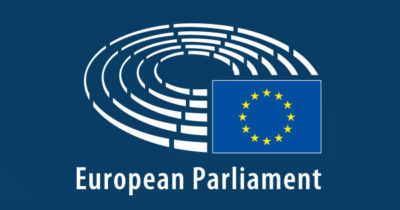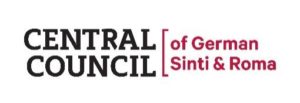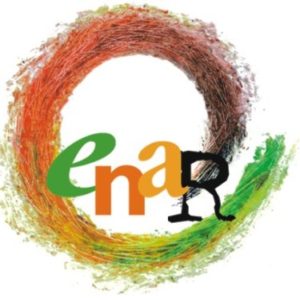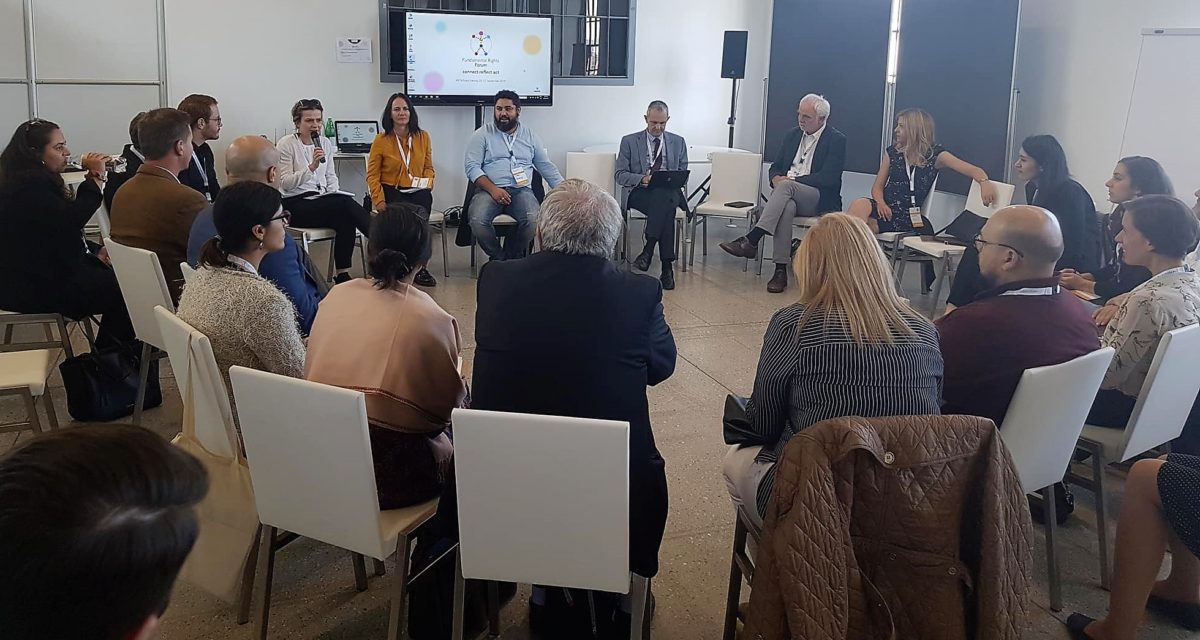Recommendations for the national strategic frameworks under the new EU Roma strategic framework for equality, inclusion and participation
On 7 October 2020, the European Commission published a Communication to the European Parliament and the Council on the new Strategic Framework for Roma Equality, Inclusion and Participation for 2020-2030. The new framework is replacing the previous EU framework for national Roma integration strategies 2011-2020. The new framework is a positive step in the right direction; it shifts the perspective of the previous EU framework to a more balanced approach between social inclusion, human rights and empowerment objectives. It asks Member States and Enlargement countries to develop national strategic frameworks (NSFs), not just strategies, proposing an intersectional approach to tackle discrimination and defining intersectional discrimination as such for the first time. The new framework includes a good reference to antigypsyism using the spelling proposed by the Alliance against Antigypsyism. The framework addresses Enlargement countries on an equal footing and acknowledges the importance of the Western Balkan region for the EU, while the Neighbourhood countries are mentioned for the first time in relation to Roma inclusion under the current framework.
ERGO Network has developed a set of recommendations for national governments that should be prioritised when developing national strategic frameworks in the first months of 2021.
These recommendations have been developed based on ERGO Network’s previous policy and monitoring work in the area of equality, inclusion and participation of Roma and on valuable on-the-ground input from ERGO Network’s member organisations across Europe and from Roma and pro-Roma organisations members of the EU Roma Policy Coalition.
You can access the recommendations here.
The following organisations contributed to the recommendations:
- European Public Health Alliance (EPHA)
- Open Society Public Policy Institute (OSEPI)
- European Roma Institute for Arts and Culture (ERIAC)
- Phiren Amenca
- European Network against Racism (ENAR)
- Roma Active Albania
- Roma Association Utrecht ,Netherlands
- National federation of Gypsy Liaison Groups, UK
- La voix des Rroms, France
- Slovo 21, Czech Republic
- Integro Association, Bulgaria









